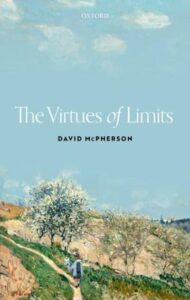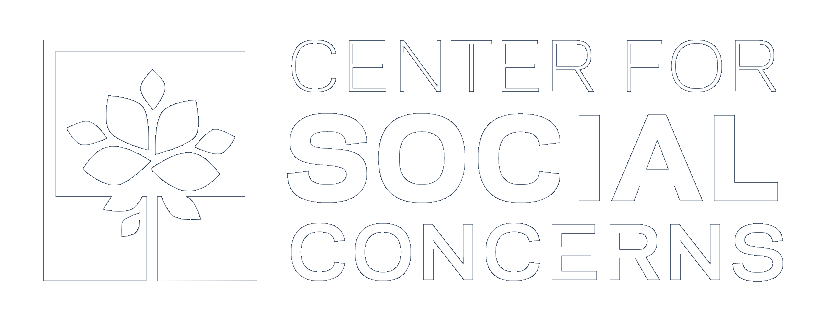 The virtues are often discussed in terms of human excellence and achievement, exploring all that flourishing human lives can accomplish. In his latest book, however, David McPherson considers the ways in which the virtues are about acknowledging our limitations. As finite creatures, there is only so much we can accomplish. Our limited time, energy, and resources mean that our days come with inescapable tradeoffs. Preparing for a career in medicine unavoidably prevents simultaneously preparing for a career in law, and spending time at work inevitably decreases the amount of time we can spend with family. Because of these constraints, those who lead excellent lives can only do so by recognizing their limits.
The virtues are often discussed in terms of human excellence and achievement, exploring all that flourishing human lives can accomplish. In his latest book, however, David McPherson considers the ways in which the virtues are about acknowledging our limitations. As finite creatures, there is only so much we can accomplish. Our limited time, energy, and resources mean that our days come with inescapable tradeoffs. Preparing for a career in medicine unavoidably prevents simultaneously preparing for a career in law, and spending time at work inevitably decreases the amount of time we can spend with family. Because of these constraints, those who lead excellent lives can only do so by recognizing their limits.
The Virtues of Limits examines a number of limiting virtues — humility, reverence, moderation, contentment, neighborliness, and loyalty — along with the role that they play in setting existential, moral, political, and economic boundaries on lives well-lived. On McPherson’s account, all of the limiting virtues ask us to take up a stance of acceptance and appreciation towards the world. Not only do these virtues help us to live a flourishing life, but the limiting virtues are primary to the virtues of choosing and controlling, as “we first need to appreciate what is of value in order to know how to act or not act” (p. 20). Along with revealing the ways in which the virtue ethics tradition has always appreciated the central role of the limiting virtues, McPherson’s discussion also explores the ways these virtues can help us confront our most pressing ethical issues, including questions related to social justice, capitalism, patriotism, and genetic engineering. Human excellence is found not only in our accomplishments, but also in acceptance of our limitations as well.



